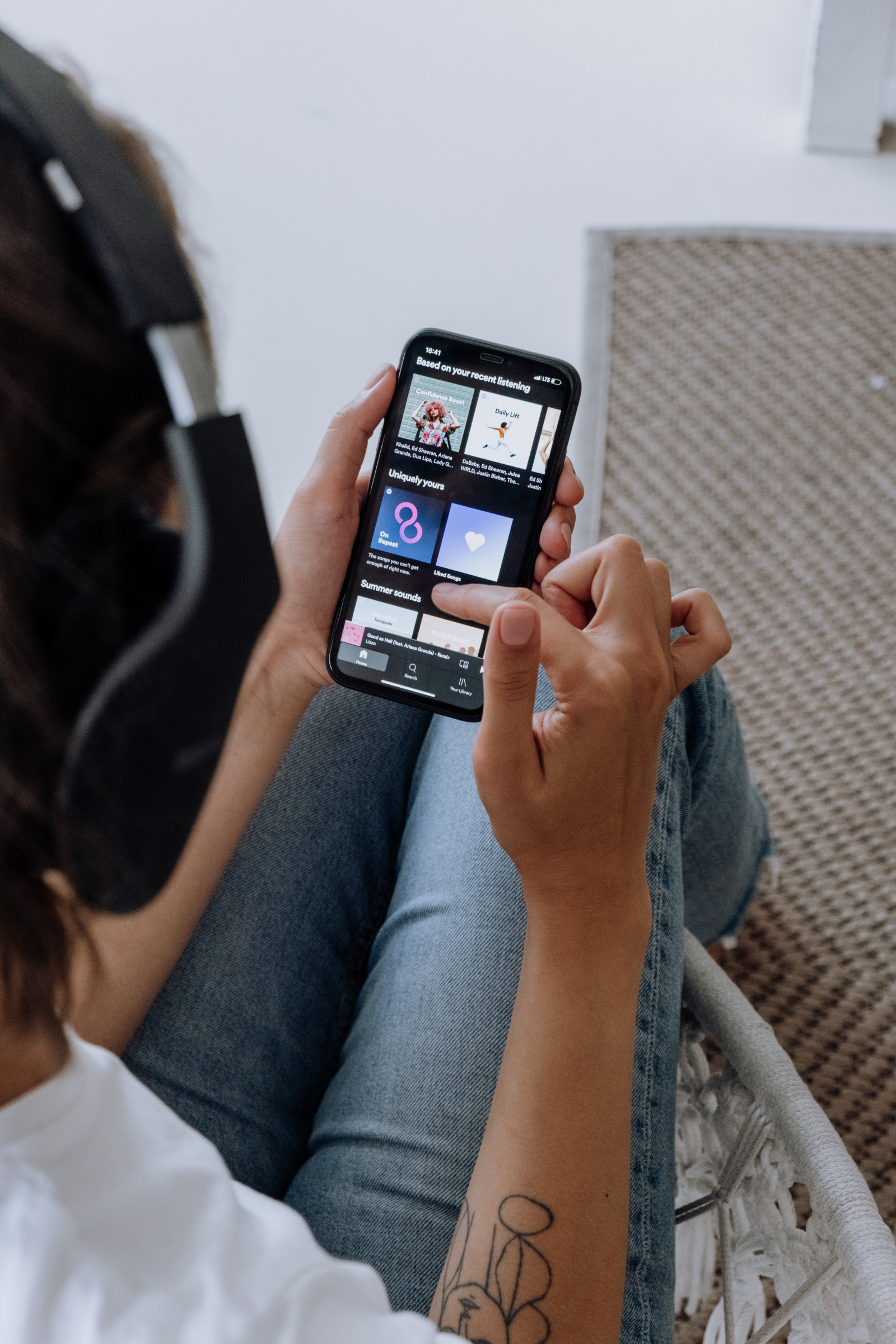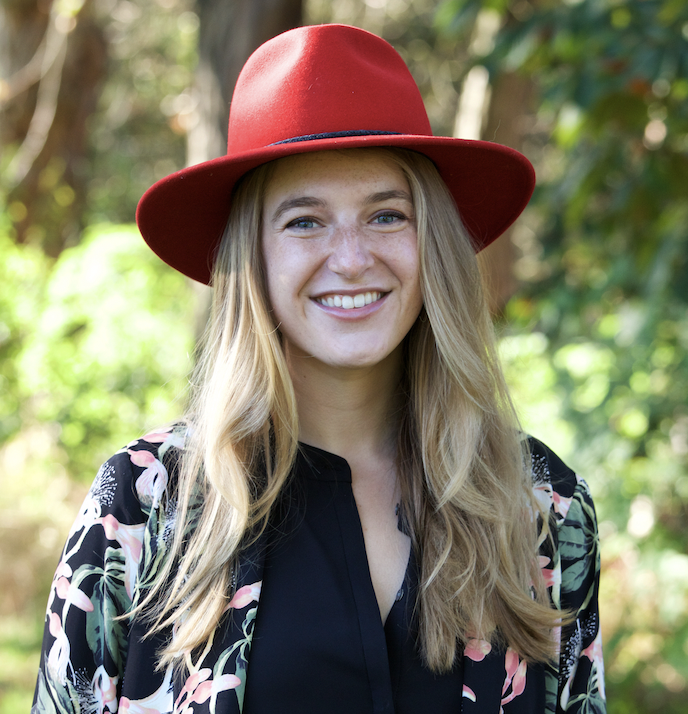As Spotify layoffs continue, the next phase for podcasting is quality over quantity

Photo: cottonbro studio

In the past six months, many major platforms made cuts to their audio departments. Spotify has announced a new round of layoffs in its podcast division, eliminating 200 jobs from Gimlet and Parcast Studios. As part of the reorganisation, Gimlet and Parcast will combine under one company as Spotify Studios. After spending $1 billion in podcast investments, some streamlining is to be expected from Spotify. However, Spotify’s exclusive strategy may have stunted these studios’ growth, and as Spotify continues to add more podcasts to its platform — now at five million shows — its next challenge will be quality over quantity.
Scaling up to level out
Spotify’s acquisition of Gimlet and Parcast studios in 2019 kicked off its investment into the podcast market, but it has not been an entirely smooth transition. In October, Spotify laid off 38 team members and cancelled 11 Gimlet shows that Spotify said were underperforming. The joint unions for Gimlet and Parcast blamed Spotify’s exclusive strategy, as it essentially limits their audience and revenue potential. Spotify recently backpedalled its exclusive strategy, making some of Gimlet’s shows, such as Science Vs., available for wider release on other platforms. The shows from Spotify’s other studio, The Ringer, were not made exclusive, and interestingly, The Ringer will remain separate from the newfound Spotify Studios.
Exclusivity is not the only strategy Spotify is backpedalling. The company’s announcement also signals a shift in focus from expensive, celebrity-hosted originals to serving creators (whose content it does not have to pay for), building on CEO Daniel Ek’s recent promise that “overspending” on podcasts is over. Meanwhile, the layoffs seemingly aim to help Spotify focus on a few, quality shows rather than many. However, Spotify may have dug its own hole by focusing first on quantity. While this strategy may have helped Spotify become one of the top podcast platforms, its cluttered landscape now makes it even more challenging for any show to become a hit, including Spotify’s own.
Featured Report
MIDiA Research 2026 predictions Change is the constant
Welcome to the 11th edition of MIDiA’s annual predictions report. The world has changed a lot since our inaugural 2016 edition. The core predictions in that report (video will eat the world, messaging apps will accelerate) are now foundational layers of today’s digital economy.
Find out more…Quantity over quality
In Spotify’s official statement, the head of the podcast division, Sahar Elhabashi, explains,
“We are expanding our partnership efforts with leading podcasters from across the globe with a tailored approach optimized for each show and creator. This fundamental pivot from a more uniform proposition will allow us to support the creator community better”. This is a 180-degree shift in Spotify’s audio strategy, which previously focused firstly and aggressively on building its library, including via many expensive acquisitions and commissioned originals.
The podcast industry is trying to grow in a hyper-fragmented and saturated environment, whereas music streaming had time to develop before these conditions reached such an extreme level. This makes it doubly challenging for any podcast to break through and build an audience, especially when most creators feel that they lack the discoverability and audience analytics tools on streaming platforms to do so. Additionally, as format lines blur, podcasts are becoming the catch all in entertainment — especially as social video platforms, like YouTube, start to compete in the audio market. So, many “podcasts” may not even qualify as one, and they may take away space from other creators who are dedicating time and resources to break through the noise. Moreover, podcasts' unique storytelling quality may be lost as platforms continue to focus on numerical growth, rather than giving creators the tools to get discovered and grow their audiences. Spotify’s new focus aims to solve some of these issues, and the shift to serving creators could be the silver lining to its layoffs announcement — but with five million shows on the platform, it will not be an easy task.

The discussion around this post has not yet got started, be the first to add an opinion.